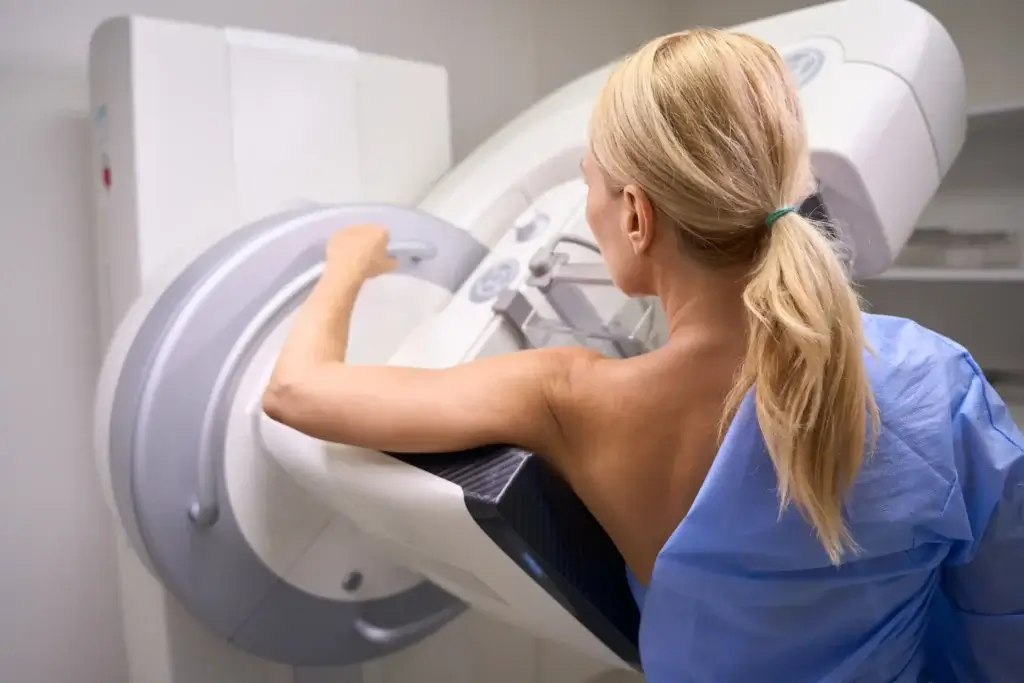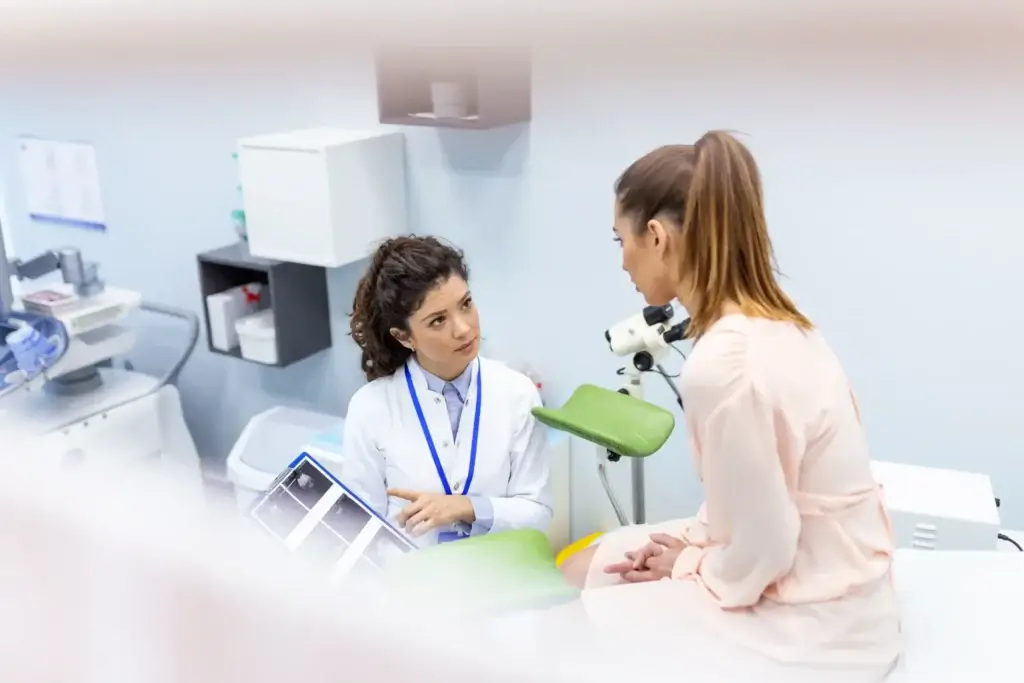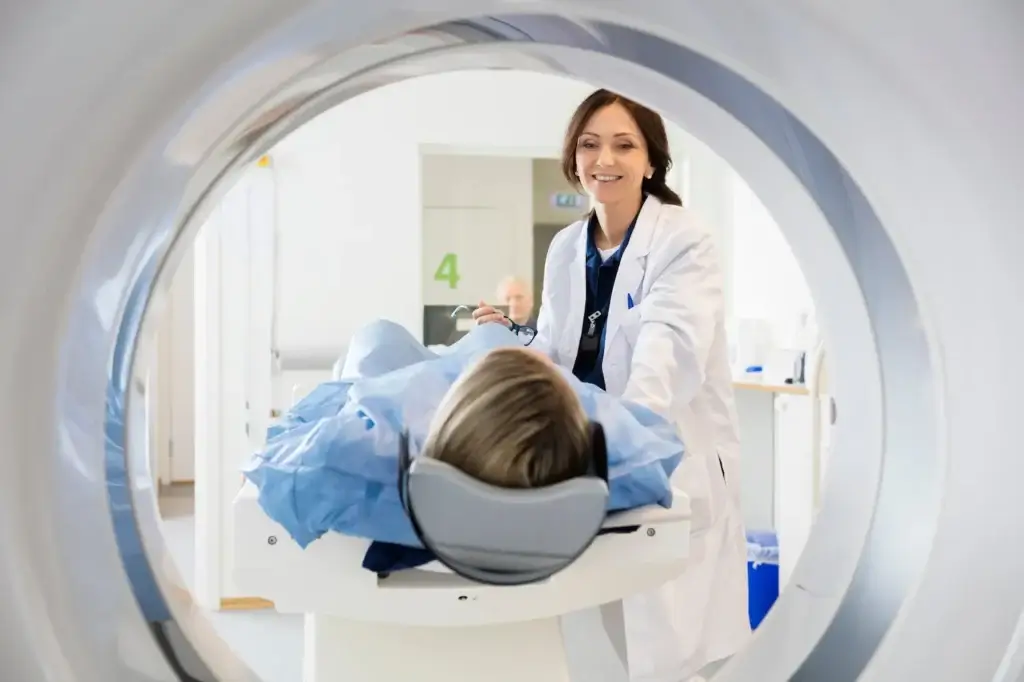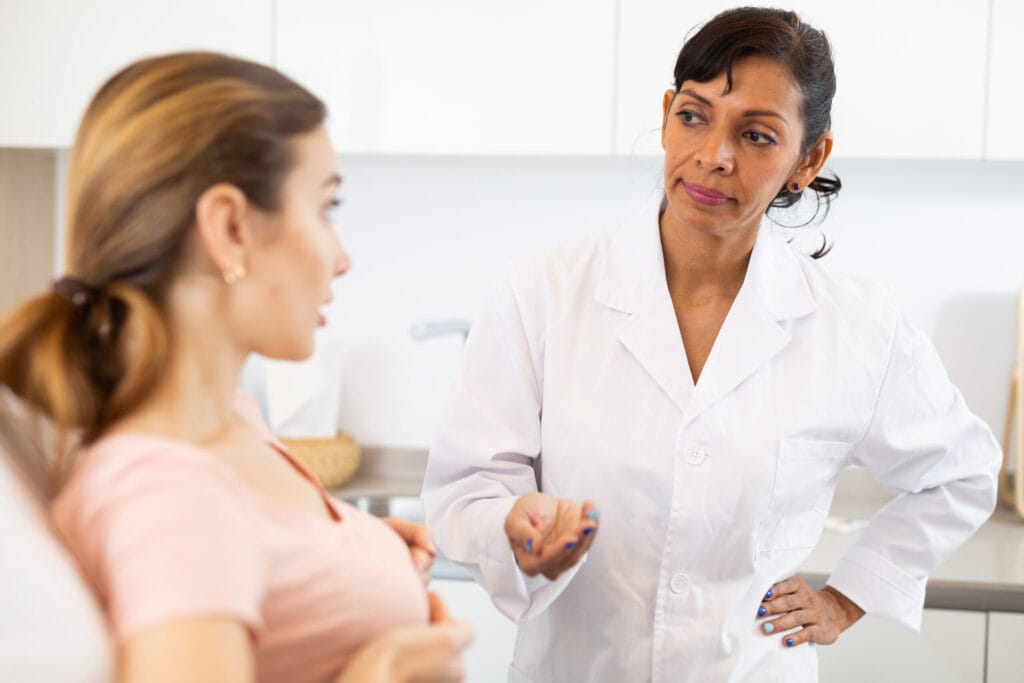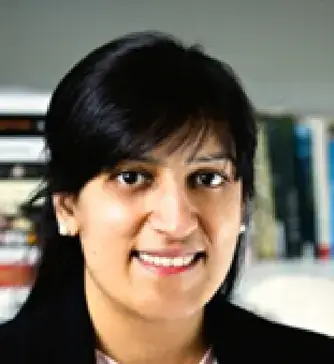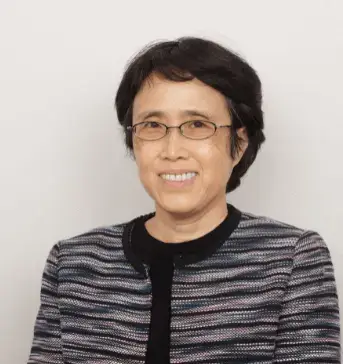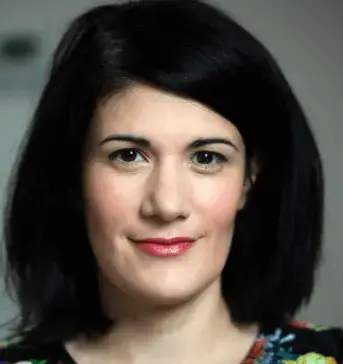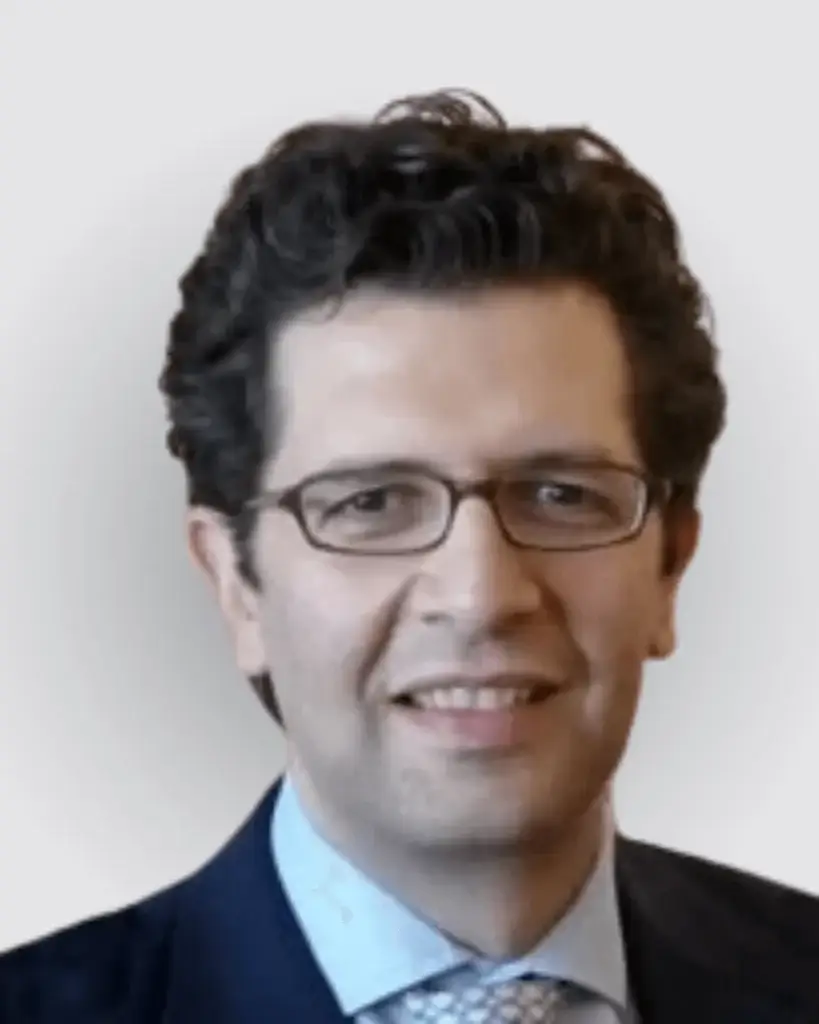Women’s Health
With an extremely high concentration of expertise and related resources in Gynaecology, Breast Health and Fertility, we are committed to providing the highest quality in women’s health services.
Treatments
All
- All
Need further help or advice?
Contact our team for enquiries or information.
Our helpful team are available Mon - Fri - 8am – 6pm
If you need to contact us in any other way, please go to Contact Us
Our World-class Consultants
With an extremely high concentration of expertise and related resources in Gynaecology, Breast Health and Fertility, we are committed to providing the highest quality in women’s health services.
